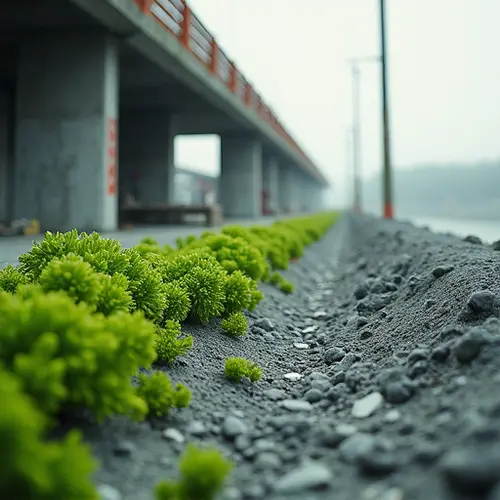
Hollywood Goes Green: Major Studios Commit to Sustainable Filmmaking
The global film industry is undergoing a dramatic transformation as major studios and production companies embrace carbon-neutral filmmaking and eco-friendly production practices. In 2025, sustainability has become more than just a buzzword—it's now a fundamental requirement for productions worldwide.
Industry-Wide Sustainability Initiatives
Major Hollywood studios including Paramount, Amazon Studios, Sony Pictures, Netflix, Disney, and others are collaborating through the Sustainable Entertainment Alliance (SEA) to advance critical green initiatives. These companies have made significant commitments to lower their emissions and embrace eco-friendly processes, with many pledging carbon neutrality by 2030.
In the UK, the leading screen industry organization for environmental sustainability, albert, has released a powerful Climate Action Blueprint that pairs with free online sustainability tools to help productions make a difference. Major UK broadcasters including BBC, ITV, Channel 4, UKTV, Sky and TG4 must now achieve albert certification on their productions to demonstrate meeting industry standards for sustainable production practices.
SmartAccounting Revolutionizes Carbon Tracking
Entertainment Partners has introduced groundbreaking carbon tracking capabilities in their SmartAccounting software, making sustainability reporting more efficient and integrated into production workflows. This technology allows production teams to:
- Track emissions from travel, energy use, and materials
- Generate detailed carbon reports for ESG compliance
- Meet government incentive program requirements
- Maintain competitive advantage in green certifications
The system includes carbon codes, descriptions, and measurement units that can be tagged to every qualifying expense, eliminating the need for manual spreadsheet tracking that has traditionally plagued production accounting teams.
Eco-Friendly Materials and Set Practices
Studios are implementing numerous sustainable practices across all departments:
Art and Set Decoration
Productions are increasingly renting or leasing larger items such as furniture rather than purchasing new. Unwanted set materials are being sold or donated to local theatres, high schools, acting schools, or other productions before considering disposal.
Construction and Materials
Sets are being built with reused or repurposed materials, and productions are selecting paints and products with environmentally friendly labels. Hazardous materials are being disposed of responsibly, with many productions returning paints to retailers or storing them for future use.
Catering and Craft Services
Productions are buying organic and locally grown food to offset greenhouse gas emissions. Reusable plates, cups, utensils, and linens are replacing disposables, and recycling bins for plastic, glass, cans, and metals are now standard near craft services and catering trucks.
Government-Led Initiatives
New York City has launched NYC Film Green, the first sustainability program for the film and television industry in the United States administered by a government agency. This voluntary program enables productions engaging in environmentally-conscious practices to apply for and receive recognition for their efforts.
The program offers office hours and workshops on topics including "Powering Sets Sustainably," "Carbon Calculating: Understanding Scopes 1, 2 & 3," and "Directing Sustainably," providing practical guidance for productions at all levels.
Transportation and Energy Efficiency
Transportation departments are implementing no-idling policies, using alternative fuel vehicles, and planning travel to avoid peak traffic periods. Electric departments are replacing flickering, dim, and burned-out lamps with lower-wattage, longer-life, energy-efficient alternatives, and using hydroelectric-based power when possible to avoid emissions from generators.
The Business Case for Sustainability
Beyond environmental benefits, sustainable practices are proving to be good business. ESG reporting is now influencing greenlighting decisions, and productions that demonstrate strong environmental credentials are finding it easier to secure funding and distribution deals.
Many government incentive programs now require productions to submit carbon tracking reports to maintain compliance, making sustainability not just an ethical choice but a financial necessity.
Looking Ahead
As the industry continues to evolve, technological innovations are making sustainable practices more accessible and cost-effective. From AI-powered material detection to advanced recycling technologies, the tools available to productions are becoming increasingly sophisticated.
The shift toward sustainable filmmaking represents a fundamental change in how the industry operates, proving that great storytelling doesn't have to come at the planet's expense. With major studios leading the way and new technologies making sustainability easier than ever, the future of film production looks greener than ever before.

 Nederlands
Nederlands
 English
English
 Français
Français
 Deutsch
Deutsch
 Español
Español
 Português
Português








